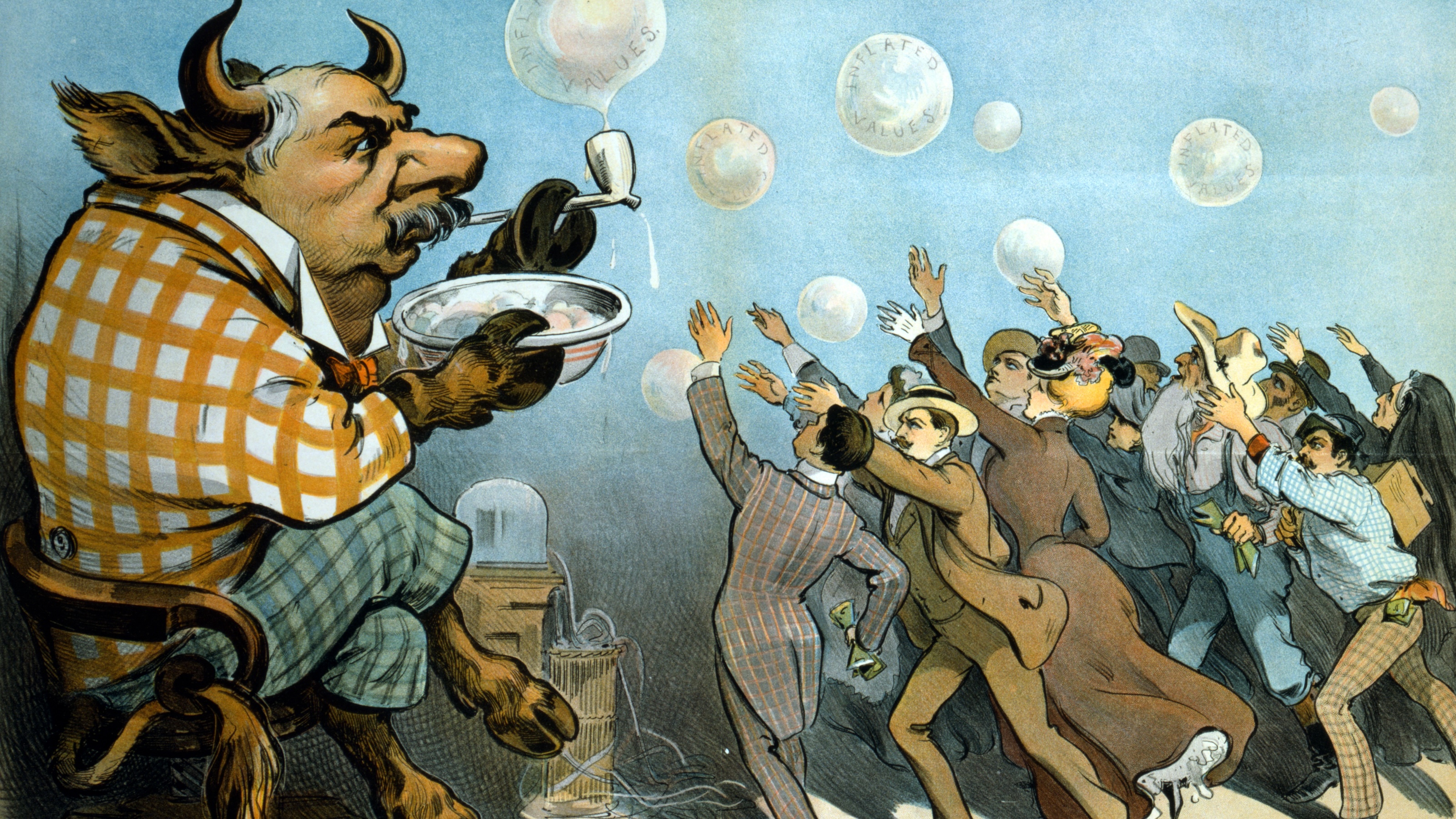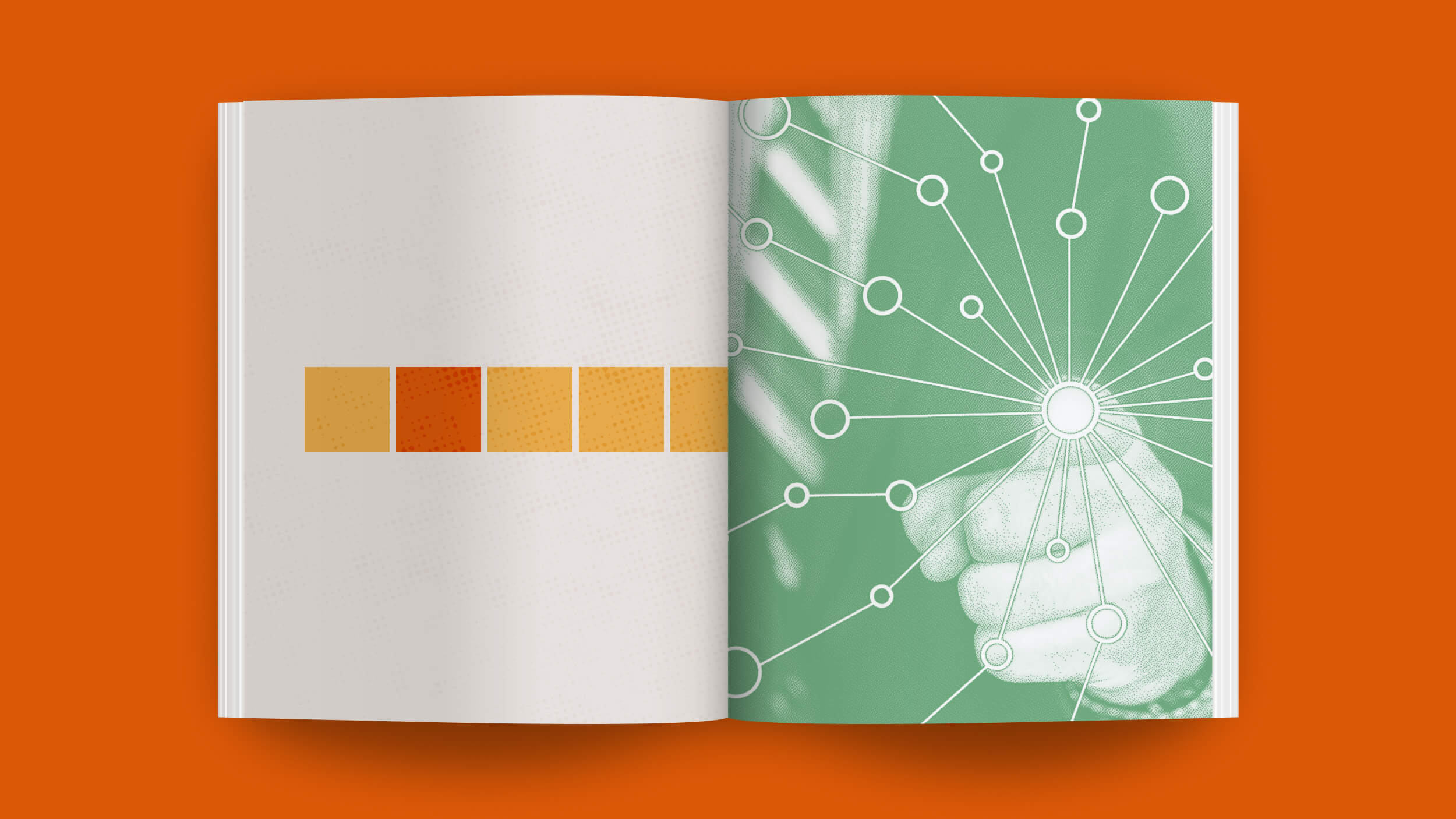Sara Horowitz surveys the global free market
Question: What overseas models should the U.S. be watching?
Sara Horowitz: Well, for benefits, I like the French. I like the mutuals because they have a basic amount that’s a public program so everybody has that basic amount. And then, through the associations of unions and other kinds of professional and other associations, it’s a private system but it’s grouped together and people can compete. My… The other area that I looked to as an interesting model is the northern area of Italy, the Emilia-Romagna region, because they’re… they compete in markets even globally but they have strategies. And government plays a very active role in enabling these companies and these cooperatives to be able to compete and have the resources that they need. And so, the region is the 17th… has the 17th highest standard of living in Europe and a very flat distribution of income. So, I think, there’re a lot of interesting regions. Some models in Quebec, about using capital for these kinds of patient market endeavors. So I don’t think there’s a shortage of models. And I think that the Obama administration seems to be very open to these things. And so, I hope that these become things that become part of their agenda.
Question: How will globalization change capitalism?
Sara Horowitz: Well, I think that there’s a growing realization that if globalization is just to run its course, there will be greater movement to the countries that have the lowest labor costs and the worse environmental standards. And I think that gets back to the rates of return on capital. That you could be the mayor of a depressed area and if some business came in and said, we’re going to create a thousand jobs but sadly, the shareholders are not going to get rich, we’re going to kind of break even or just have a little bit of profit, the mayor would be, like, great, a thousand jobs, like, how good is that? That gets some people off the welfare [rolls]. It pays some taxes. Some kids are going to be going to the public school. And so, I think, we’re realizing that we’re going to have to start creating things in this country. And that means it’s not a race to the bottom, that those are investments, and that they can’t compete with that 18% to 30%. That’s just not sustainable. And I think that’s, really, going to become the issue is what is sustainable as opposed to what is super profitable.
Image courtesy of Shutterstock.





